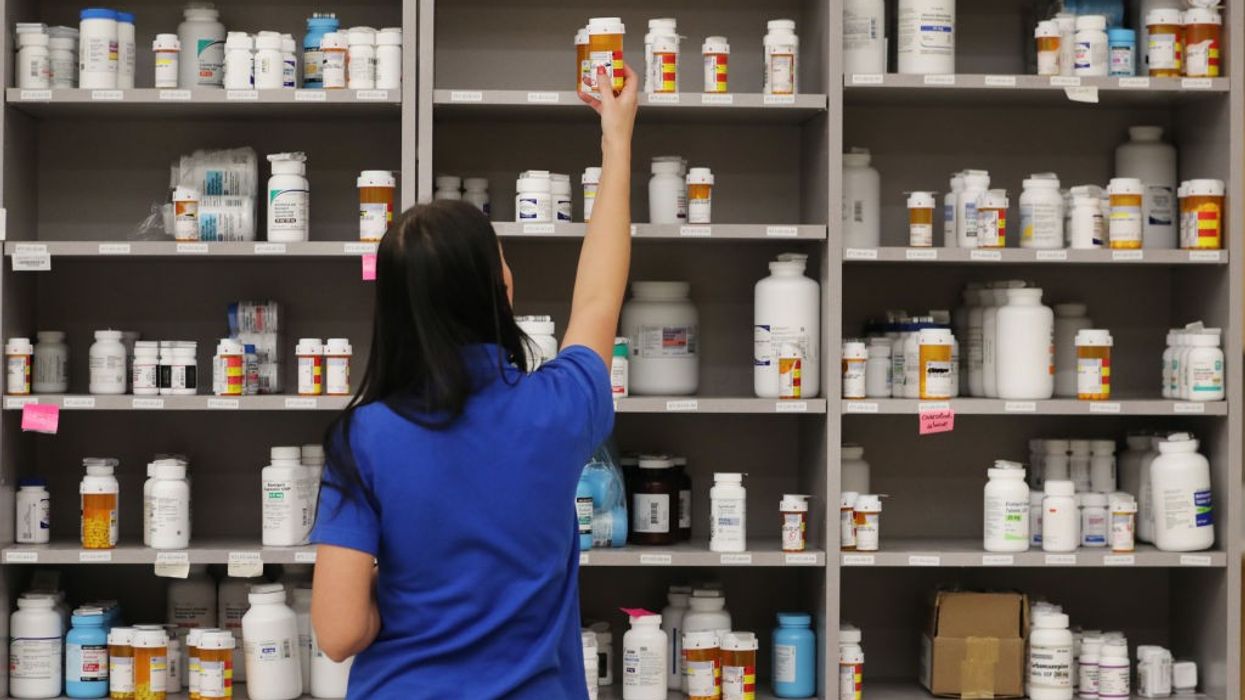"Our Council has listened and decided to propose one single route for all non-EEA/EFTA internationally-qualified pharmacists," Duncan Rudkin, Chief Executive of the GPhC, announced.
In response to stakeholder feedback, the General Pharmaceutical Council (GPhC) is developing a streamlined, single route to registration that will replace the current multiple-pathway system for overseas pharmacists wishing to practice in Great Britain.
This revised approach will include updated standards for the education and training of internationally qualified pharmacists, with all applicants still required to pass a registration assessment.
The GPhC's Council intends to streamline the registration pathway, reducing the two-year process to one-year process.
This new pathway will encompass both university study and in-practice training.
Historically, pharmacists qualified within the European Economic Area (EEA) or European Free Trade Association (EFTA) have been eligible for qualification recognition in Great Britain.
While this recognition has been extended until September 2028, the future requirement for EEA-qualified pharmacists to undergo the new registration route remains contingent on forthcoming government decisions.
Initially, the GPhC had explored the development of three distinct registration routes for internationally-qualified pharmacists, "however decided to change this proposed approach after considering feedback from stakeholders."
The extensive feedback highlighted concerns regarding fairness and inclusivity in the original proposal, leading to a reassessment and the decision to pursue a unified, one-year pathway.
Duncan Rudkin, Chief Executive of the GPhC, emphasised the Council's commitment to equality, diversity, and inclusivity.
"While stakeholders generally welcomed the reduction in time and cost, concerns were raised about fairness.
Additionally, Rudkin stated that the GPhC would also be focusing their efforts "at this point on taking forward the one-year programme, because a significant proportion of overseas applicants are applying from countries such as India, Pakistan and Nigeria, who would need to complete a one-year programme.
“We also intend that shortening the course from two years to one year, once implemented, will significantly reduce the burden for internationally-qualified pharmacists and help to increase the pharmacist workforce in the long-term"
Looking ahead, the GPhC will further refine the details of this proposed approach, alongside drafting updated standards for the education and training of internationally-qualified pharmacists.
A public consultation on these proposals is slated for 2025, with the changes to the Overseas Pharmacists Assessment Programme (OSPAP) expected no earlier than September 2026.
In addition to this, the GPhC is considering a similar review for internationally-qualified pharmacy technicians, focusing on a shorter registration route based on prior learning.












